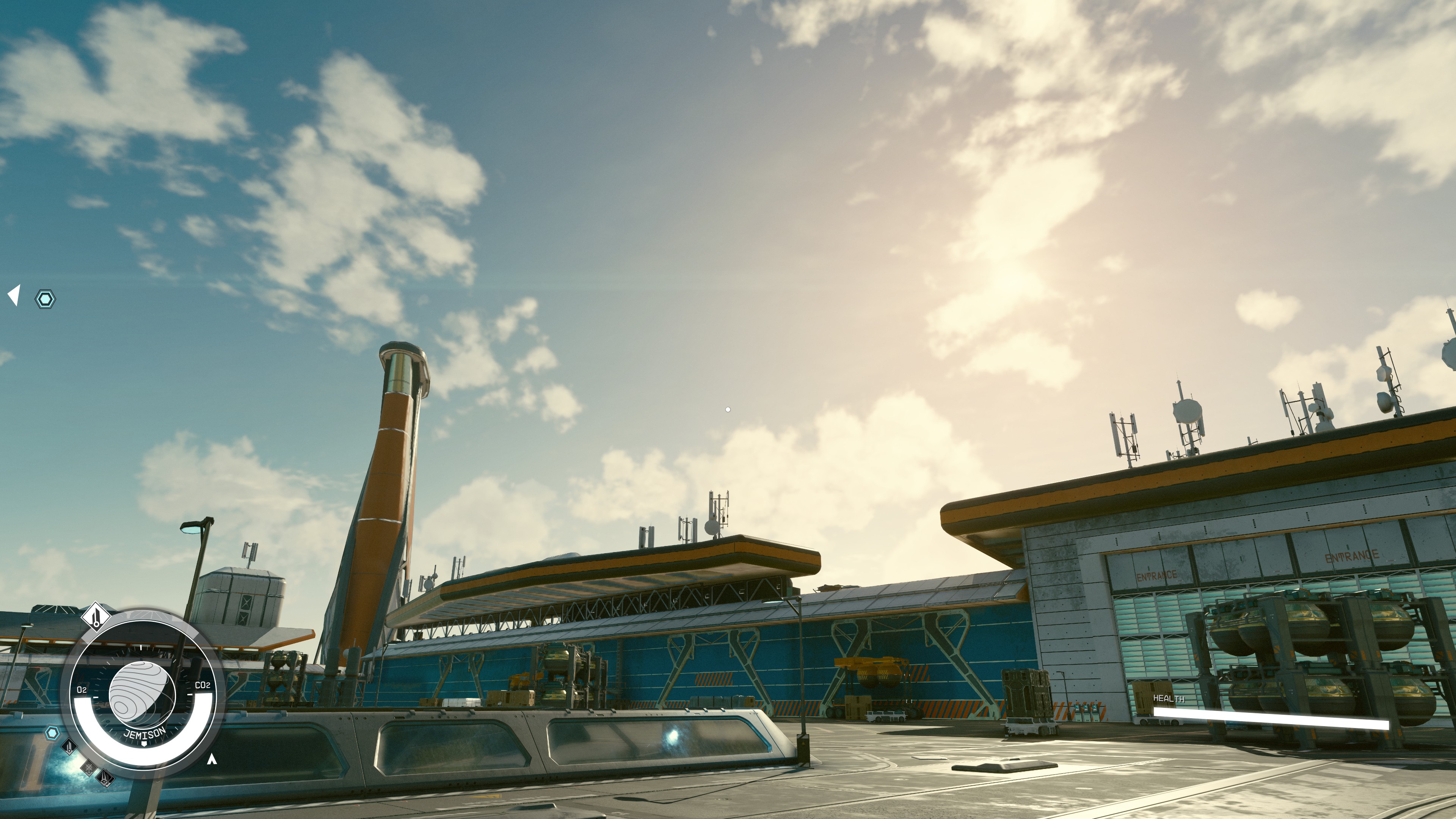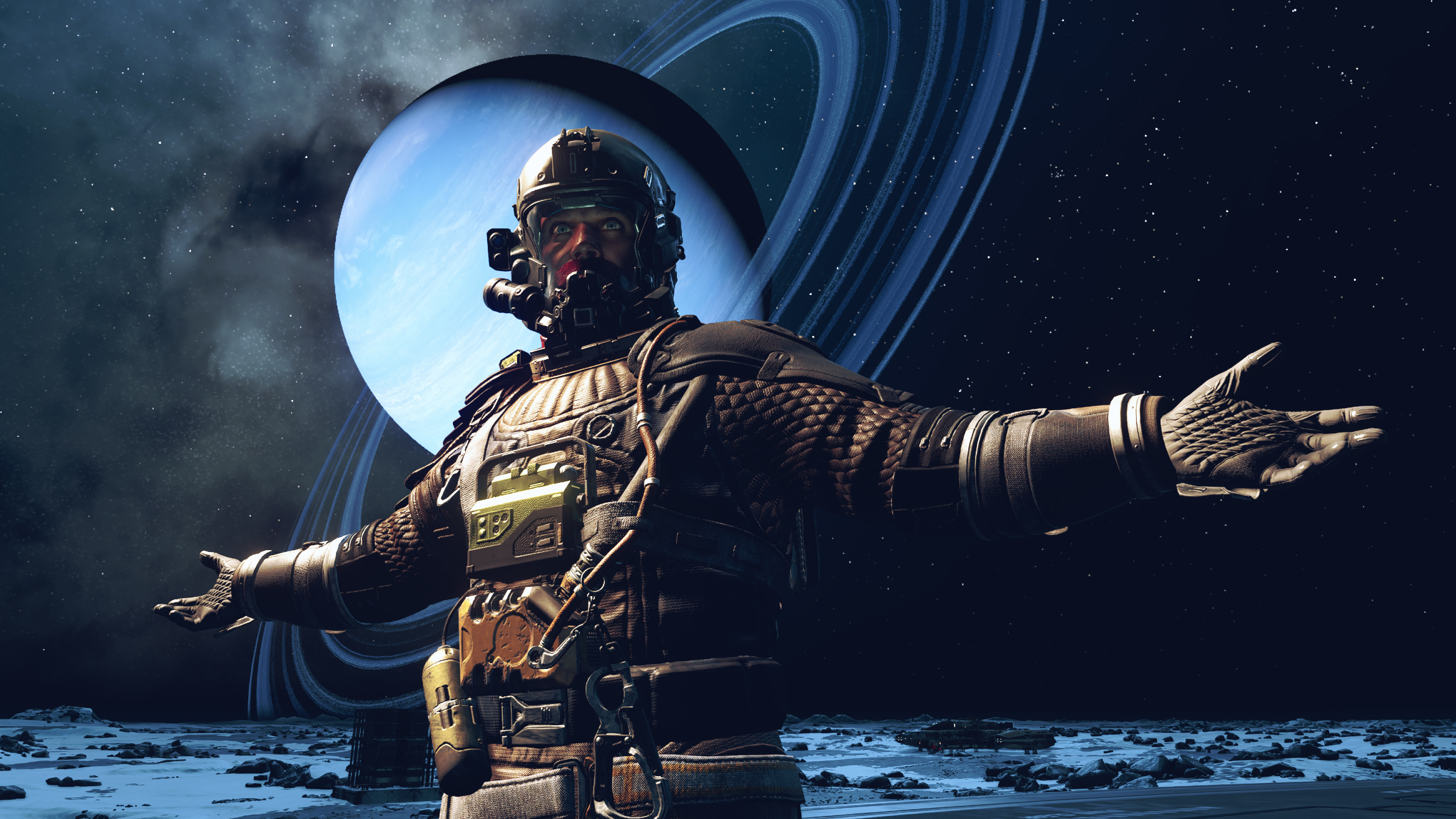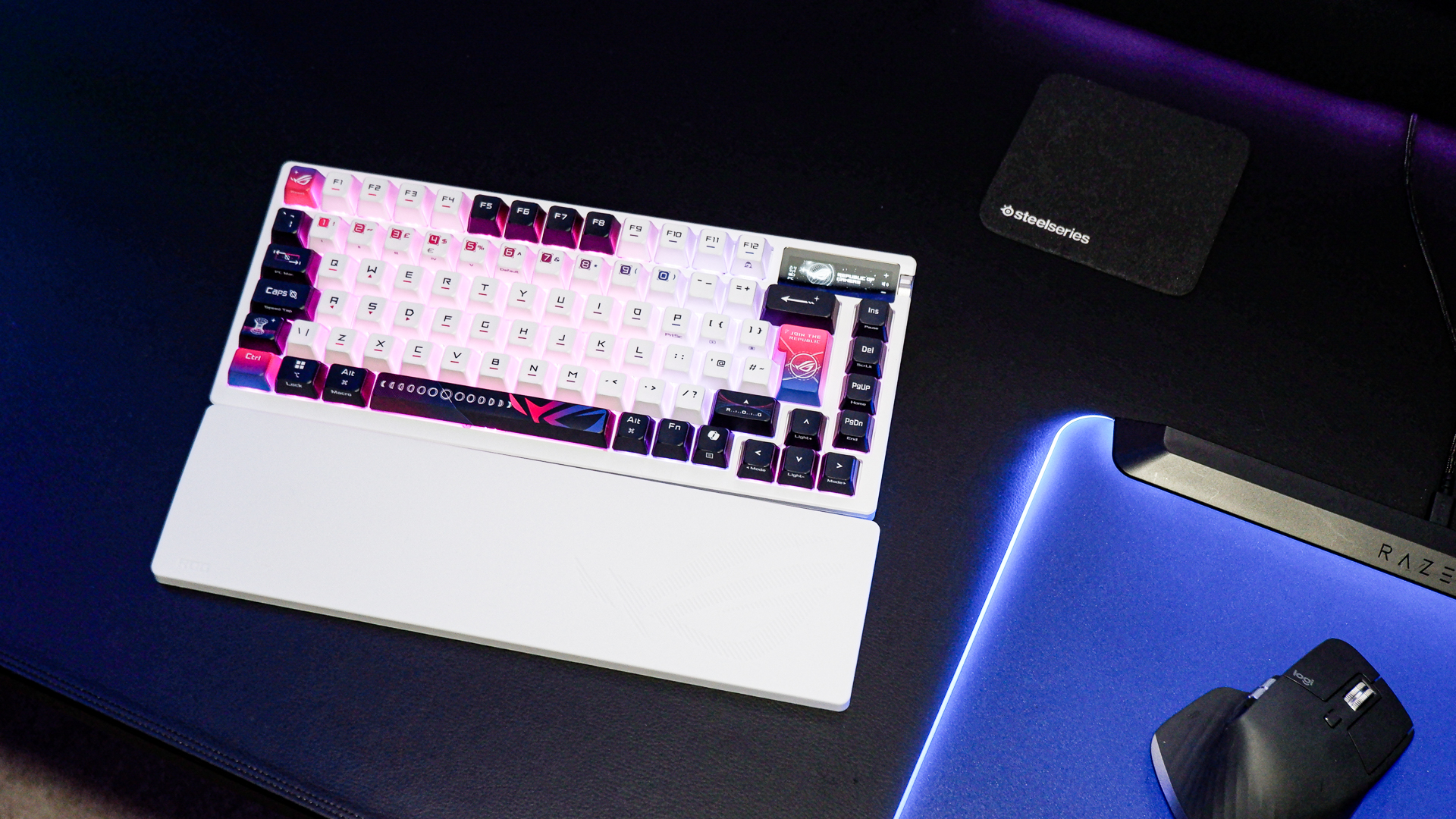Todd Howard blames the pandemic for Starfield delays: Working from home was 'very, very slow'
"As things moved on, we were off by a percentage, and a percentage when it comes to the scale of this game turns out to be a lot of time."

You may have heard about a little space game called Starfield, the gravitational pull from which risks swallowing all games discourse for months and possibly years to come. Perhaps that's no surprise for a game that's been in development and hyped for as long as any title that I can remember (well, ones that have shipped anyway) but it's easy to forget now the thing's in our hands that it was subject to multiple delays along the way.

Starfield guide: Our hub of advice
Starfield console commands: Every cheat you need
Starfield mods: Space is your sandbox
Starfield traits: The full list, with our top picks
Starfield companions: All your recruitable crew
Starfield romance options: Space dating
The majority of the audience now seems to understand that delays are a necessary evil for large and complex projects. But they're still a bummer. Bethesda director and executive producer Todd Howard has been on the interview circuit promoting the game, as part of which he and Xbox head Phil Spencer sat down with the Washington Post, and during that chat Howard put the delays down to a mix of production and pandemic issues.
The Post reporter first of all noted they'd landed on Earth while playing the game, and half-expected to find the DC of Fallout 3 (in Starfield, Earth has suffered an extinction event).
"We talked about it," laughs Howard, "Oh, we planned, and those plans went out the window. We knew we were going to rewrite parts of the engine, so we started building technology for the planets and the outer space stuff on our previous engine and renderer."
This culminated in Bethesda realising they'd done years of work that needed porting to a newer version of its in-house engine: Bethesda's previous games are made using the Creation Engine, while Starfield is the first to use Creation Engine 2. At around the same time the Covid-19 pandemic hit, and like everyone else the studio had to quickly adapt to remote working.
The game was at one point scheduled for a 2022 release but this changed things, with Howard saying working from home made the process "very, very slow." When choosing the original November 2022 release date "we had lots of buffer and we felt really good about it," said Howard, "[but] as things moved on, we were off by a percentage, and a percentage when it comes to the scale of this game turns out to be a lot of time. We felt [the delay] was the right thing to do to give us the time we required."
Elsewhere in the interview Howard talks about making a space game in the wider context of gaming history: Many consider 1962's Spacewar! to be the first videogame, while you don't have to go too far in our industry to find someone who will tell you the original Elite is still the best game ever. Starfield now sits in that lineage, one of those games rooted in Terra Firma that reaches up and grasps for the stars.
Keep up to date with the most important stories and the best deals, as picked by the PC Gamer team.
"It's something we always talked about here," said Howard. "A few years in, we figured out why people try and stop or don’t want to do it all the way. But we are in a fortunate position to have the support and time to do it."

Rich is a games journalist with 15 years' experience, beginning his career on Edge magazine before working for a wide range of outlets, including Ars Technica, Eurogamer, GamesRadar+, Gamespot, the Guardian, IGN, the New Statesman, Polygon, and Vice. He was the editor of Kotaku UK, the UK arm of Kotaku, for three years before joining PC Gamer. He is the author of a Brief History of Video Games, a full history of the medium, which the Midwest Book Review described as "[a] must-read for serious minded game historians and curious video game connoisseurs alike."

